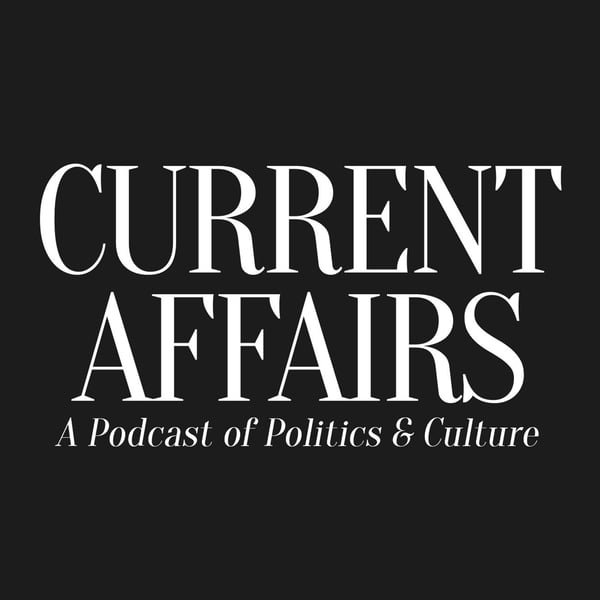PREVIEW: In conversation with Keeanga-Yamahtta Taylor
Current Affairs
Current Affairs
4.4 • 645 Ratings
🗓️ 29 August 2019
⏱️ 2 minutes
🧾️ Download transcript
Summary
Transcript
Click on a timestamp to play from that location
| 0:00.0 | What we find in housing is that the efforts to include African Americans don't produce the same outcomes. |
| 0:08.0 | They produce different outcomes that are deeply scarred by the continuation of racism and discrimination, |
| 0:15.8 | even if it's done so within the framework of colorblindness, meaning that they're no longer |
| 0:23.3 | restricted covenants telling African Americans where they can or cannot live. |
| 0:28.7 | There's no longer state-sanctioned housing discrimination as there was up until 1968. |
| 0:35.1 | But even without that, you still have black people who are treated differently |
| 0:40.4 | in the housing market. You still have African Americans who are treated differently by the real |
| 0:46.3 | estate industry and differently by banks. And part of this is because of the cumulative impact |
| 0:52.8 | of racial discrimination and divestment of black enclaves over time |
| 0:58.7 | mean that those areas are then viewed by the banking industry, by the real estate industry, |
| 1:07.6 | as impaired. And that impairment as a result of discrimination that was practiced |
| 1:14.7 | by these very same institutions, as a result of the kind of impairment that is created by |
| 1:22.0 | the investment, that becomes the pretext for treating black renters and black homeowners differently from their white peers. |
| 1:31.9 | It becomes the basis for underwriting that is defined by risk, that the greater levels of poverty, the greater distress on black housing, the greater concentration of substandard housing |
| 1:45.8 | means these areas are considered to be risky. And so that creates the context for higher |
| 1:54.4 | interest rates, higher fees, different banking practices that in many ways produce the same |
| 2:00.4 | kind of exploitative outcomes |
| 2:03.2 | or the same kinds of exploitive practices that create financial disparities in particular financial deficits for African Americans, |
| 2:13.5 | what black people up through this period refer to as a race tax. |
Please login to see the full transcript.
Disclaimer: The podcast and artwork embedded on this page are from Current Affairs, and are the property of its owner and not affiliated with or endorsed by Tapesearch.
Generated transcripts are the property of Current Affairs and are distributed freely under the Fair Use doctrine. Transcripts generated by Tapesearch are not guaranteed to be accurate.
Copyright © Tapesearch 2025.

